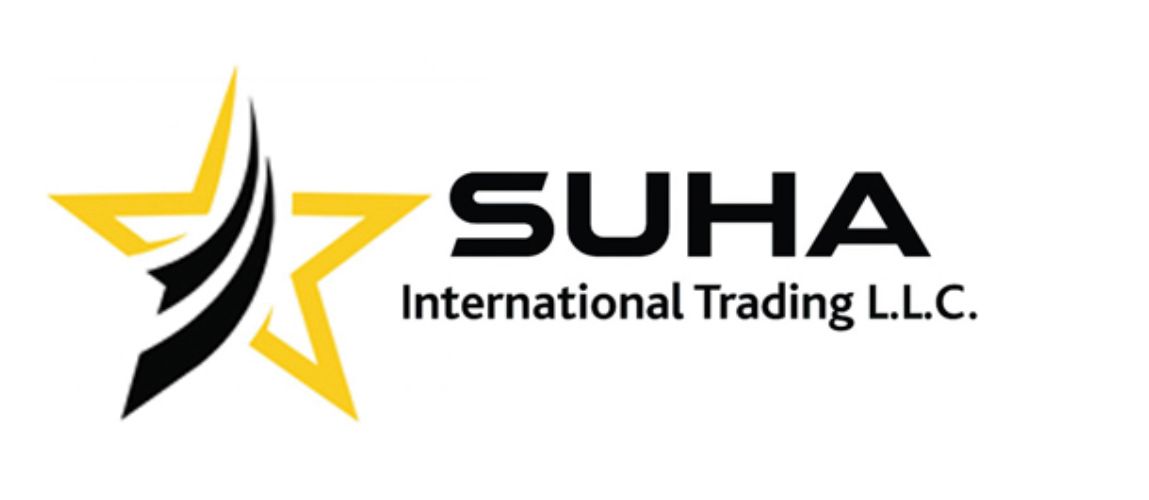Sodium Sulfide Supplier From Turkey and UAE

Sodium Sulfide Supplier for Industrial-Grade Na₂S Solutions
As a professional Sodium Sulfide Supplier, we understand that industrial performance depends on consistent quality, controlled purity, and a reliable global supply chain. Sodium Sulfide (Na₂S) is a critical inorganic chemical widely used as a reducing agent and alkaline source in leather processing, mineral flotation, and pulp manufacturing.
Commonly supplied as yellow to red sodium sulphide flakes in hydrated form (Na₂S·9H₂O), this material dissolves easily in water to form strongly alkaline solutions. Selecting an experienced Sodium Sulfide Supplier is essential to ensure process stability, product uniformity, and uninterrupted production.
Technical Properties & Specifications
Verifying exact specifications with your Sodium Sulfide Supplier is critical to ensure the material meets your process grade requirements. Below are the key parameters for our standard product.
| Property | Description |
|---|---|
| Chemical Formula | Na₂S (Anhydrous), Na₂S·9H₂O (Hydrated) |
| CAS Number | 1313-82-2 |
| Appearance | Yellow to red flakes or solid (depending on iron content) |
| Odor | Distinctive “rotten egg” smell (due to H₂S evolution) |
| Solubility | Highly soluble in water; insoluble in ether |
| Melting Point | ~1,175°C (2,147°F) |
| pH Level | Strongly Alkaline (High pH in solution) |
Key Industrial Applications
Sodium Sulfide is a versatile agent used for its reducing and alkaline properties. As your dedicated Sodium Sulfide Supplier, we cater to the following major sectors, providing complementary chemical solutions for your entire production line.
1. Leather Industry (Tanning & Dehairing)
The leather industry is the largest consumer of Na₂S. It is the primary dehairing agent used in tanneries.
- Function: It breaks down the disulfide bonds in hair keratin, effectively removing hair from hides.
- Benefit: Sourcing high-purity flakes from a trusted Sodium Sulfide Supplier ensures precise control over the tanning process, resulting in softer, higher-quality leather without damaging the grain.
2. Mining & Ore Flotation
In the mining sector, Sodium Sulfide acts as a critical flotation agent, particularly for oxidized lead and copper ores.
- Synergy: It modifies the surface of mineral ores, allowing valuable metals to be separated. In many flotation circuits, it is used alongside pH regulators like Soda Ash to optimize the separation environment.
3. Pulp and Paper Manufacturing
In the Kraft process, Sodium Sulfide is essential for digesting wood pulp.
- Process: It is combined with Caustic Soda to form “white liquor,” which dissolves lignin and separates cellulose fibers to create strong paper products.
4. Chemical Manufacturing & Waste Treatment
It serves as a reducing agent in organic synthesis and is vital for removing heavy metals from wastewater.
- Waste Treatment: While Sodium Sulfide precipitates metals, Hydrogen Peroxide is often used in subsequent stages to reduce COD (Chemical Oxygen Demand) and neutralize sulfur odors.
5. Textile & Detergent Applications
In the textile industry, Sodium Sulfide is used in the application of sulfur dyes.
- Complete Solutions: For the subsequent washing, scouring, and bleaching processes required to finish fabrics, we also supply high-performance surfactants such as LABSA and SLES.
6. Rubber Industry
Na₂S is used in the vulcanization process to improve elasticity.
- Processing: It is often utilized in facilities that also require processing aids and lubricants like PE Wax to ensure smooth manufacturing of rubber goods.
Safety, Handling, and Storage
A professional Sodium Sulfide Supplier prioritizes safe handling and regulatory compliance.
-
Hazard Classification: Corrosive, moisture-sensitive
-
PPE Requirements: Gloves, goggles, and chemical-resistant clothing
-
Gas Risk: Contact with acids releases toxic hydrogen sulfide (H₂S)
-
Storage Conditions: Cool, dry, well-ventilated area; keep away from acids and oxidizers
A complete Material Safety Data Sheet (MSDS) is provided with every shipment.
Packaging and Global Logistics
As a global Sodium Sulfide Supplier, we provide export-ready packaging designed for safe international transport.
-
Packaging Options:
-
25 kg multi-layer PP/PE bags
-
1,000 kg jumbo bags
-
150 kg sealed iron drums
-
-
Shipping:
-
Full container load (FCL) shipments
-
Compliance with IMDG and IATA Dangerous Goods regulations
-
Our logistics team ensures timely delivery and proper documentation for international markets.
Why Choose Us as Your Sodium Sulfide Supplier?
Selecting a vendor goes beyond price—it is about reliability, quality, consistency, and supply chain security. By partnering with us, you gain access to:
- Consistent Purity: Rigorous quality control ensures low iron content.
- Full Product Range: From Na₂S to essential additives like Soda Ash and Caustic Soda, we are a one-stop shop.
- Technical Support: Expert guidance on dosage and handling.
Ready to optimize your supply chain?
Contact our sales team today for a competitive quote and let us be your long-term Sodium Sulfide Supplier.
Technical Data Sheets of Sodium Sulfide
| SPECIFICATIONS | RESULTS |
|---|---|
| Appearance | Yellow Flakes |
| Na2S, % | 60 ± 2 |
| Na2SO3, % | < 2 |
| Na2CO3, % | < 0.5 |
| Fe, ppm | < 10 |
| Insoluble Content, % | < 12 |
| Density, g/ cmᵌ | 1600 |
| Melting Point, ℃ | 92 |
Note: Exact specifications vary by product grade. Please request the official TDS for your application.

